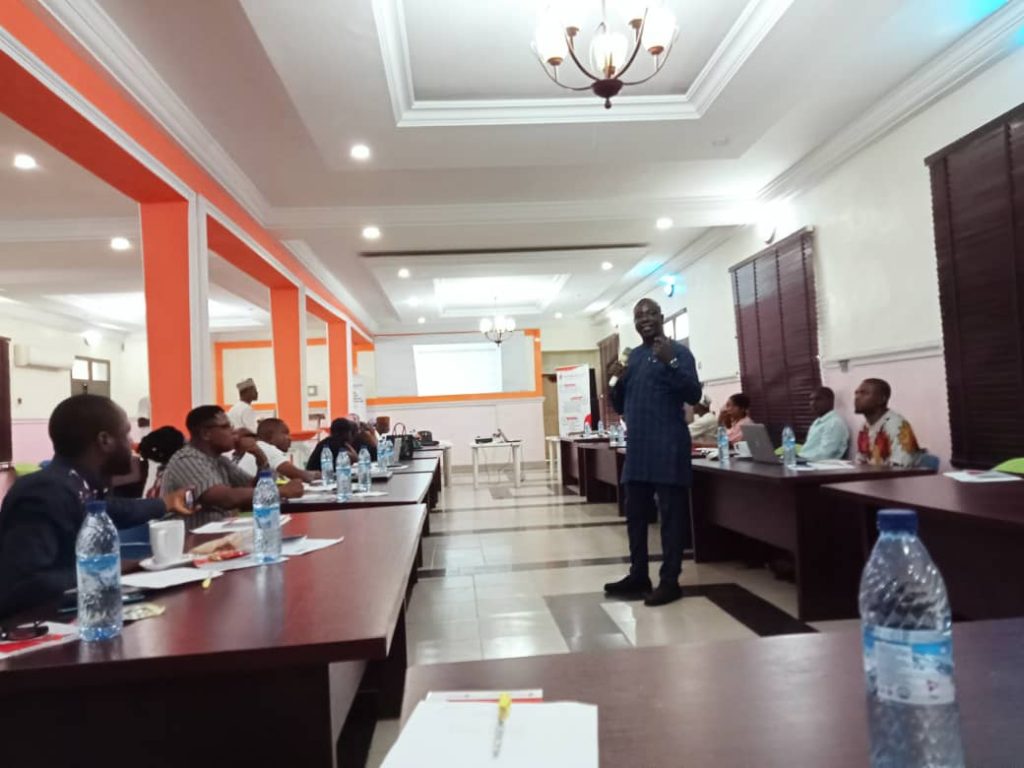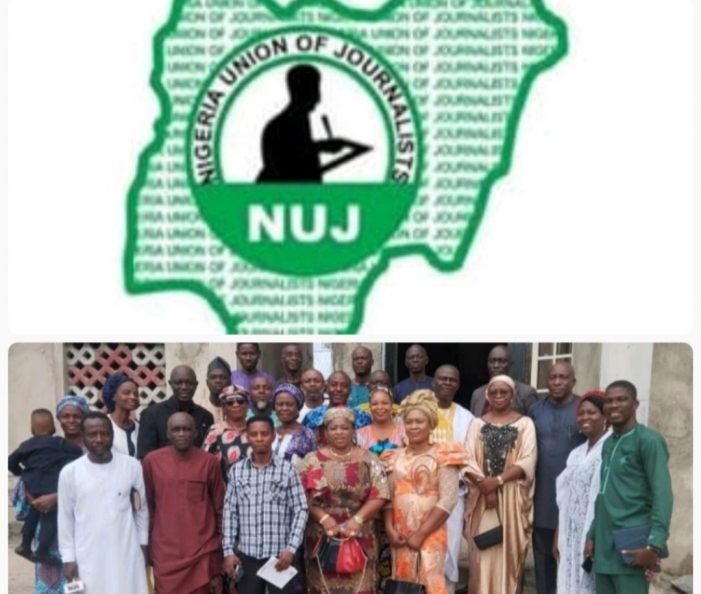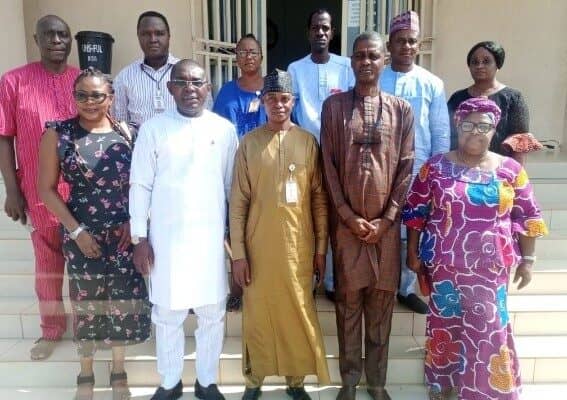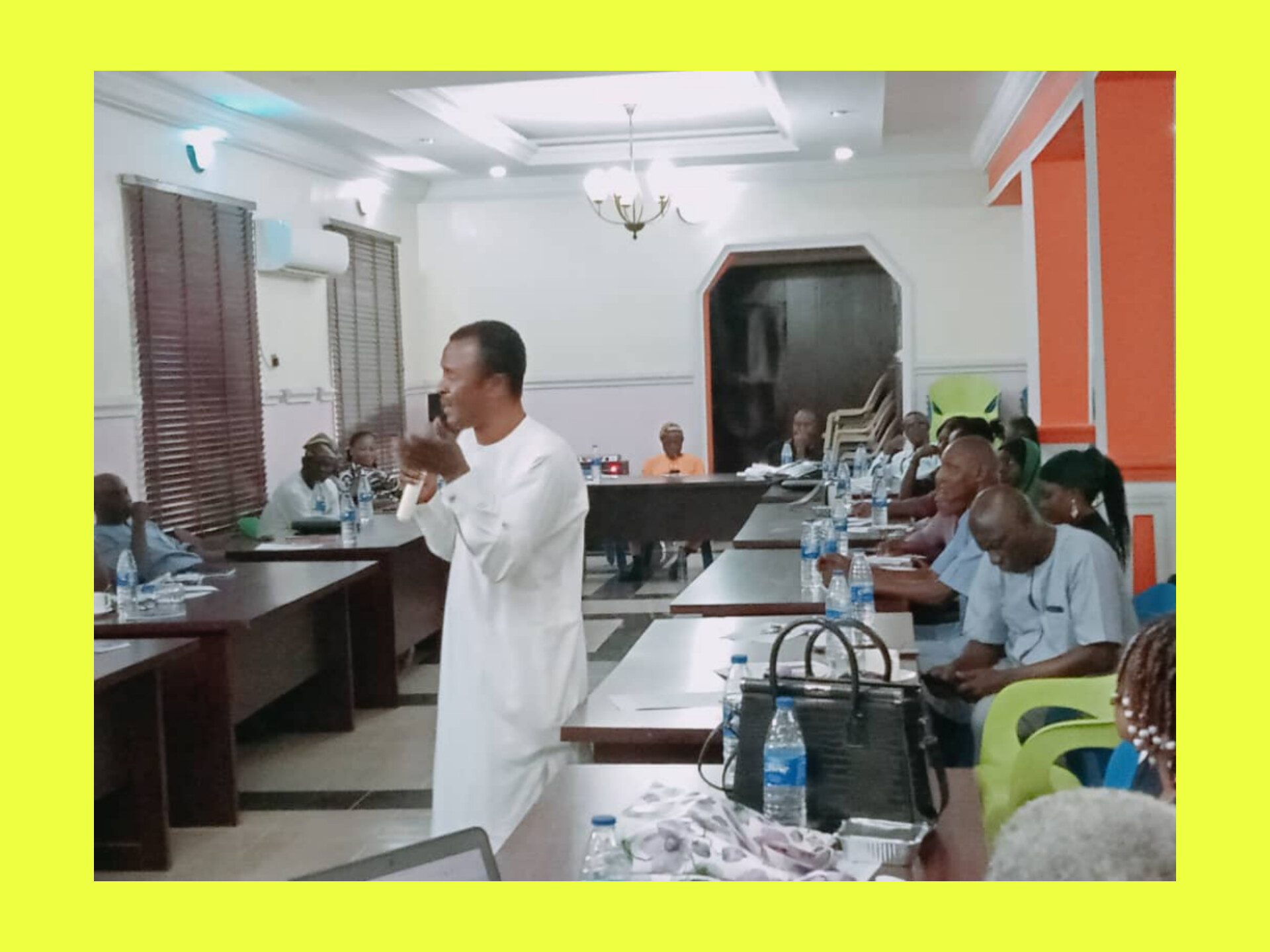By Friday Idachaba, Lokoja.
Media Content Development Expert, Mallam Isiyaku Ahmed, has called on Civil Society Organizations (CSOs) and the Media to promote Citizens’ engagement in budgeting processes and ensure effective budget monitoring to achieve inclusive growth for states.

Ahmed made the call at a two-day training workshop on “Tracking Constituency Projects” Get Involved Dialogue And Improve Project (GDRIP) on Thursday in Lokoja.

Ahmed who is also the Chief Executive Officer/Editor-in-Chief, Stallion Times Media Services Ltd, urged them to make room for constituency projects monitoring and tracking the progress of such projects to ensure maintenance of standards.
He further enjoined CSOs and Media to ensure projects are assigned to appropriate Ministries, Departments and Agencies (MDAs) with the requisite mandate and capacity of overseeing them.
“The incapability of many MDAs to effectively supervise project implementation has led to poor execution of many projects, thereby wasting taxpayers funds”, he said.
Ahmed urged the CSOs and Media to advocate for Standardised Platforms for Procurement especially, the establishment of E-procurement platforms to help government trim costs, check price inflation and set price guide for contracts.
Speaking in same vein on Budget Processes and Procedures, Mr Henry Omokhaye of BudgIT and one of the resource persons said proper monitoring and tracking of Constituency Projects would help enhance good governance.
He said that laudable as the concept of constituency projects was, the implementation had often made nonsense of the good intensions behind it, making the objective unrealisable and depriving the constituents.
According to Omokhaye, the process of constituency project is often characterised by anomalies such as duplication of projects in annual budgets, shoddy execution of jobs
and in many cases, outright non-implementation.
He said because of the abnormalities in the implementation of constituency projects, the Independent Corrupt Practices and Other Related Offences Commission (ICPC) came up with a programme called Constituency Project Tracking Group ( CPTG) in 2019, to change the narrative.
Omokhaye disclosed that CPTG recovered N 2billion representing money recovered from projects not executed and money collected.
The workshop, according to the organisers aimed to build capacity of media and CSOs on budget processes and procedures and as well, train journalists and CSO advocates on how to track and monitor constituency projects.
It was also aimed at improving Journalists’ capacity in writing investigative stories on constituency projects.
The workshop took the media professionals CSO members through Budget Processes and Procedures, use of Media for Effective Advocacy, Budget Impact Analysis, Tracking Constituency Projects, Network and Coalition Building and Characteristics of Effective Coalition.
The workshop was organised by Stallion Times Media Services limited in collaboration with the Wole Soyinka Centre for Investigative Journalism and supported by MacArthur Foundation.


